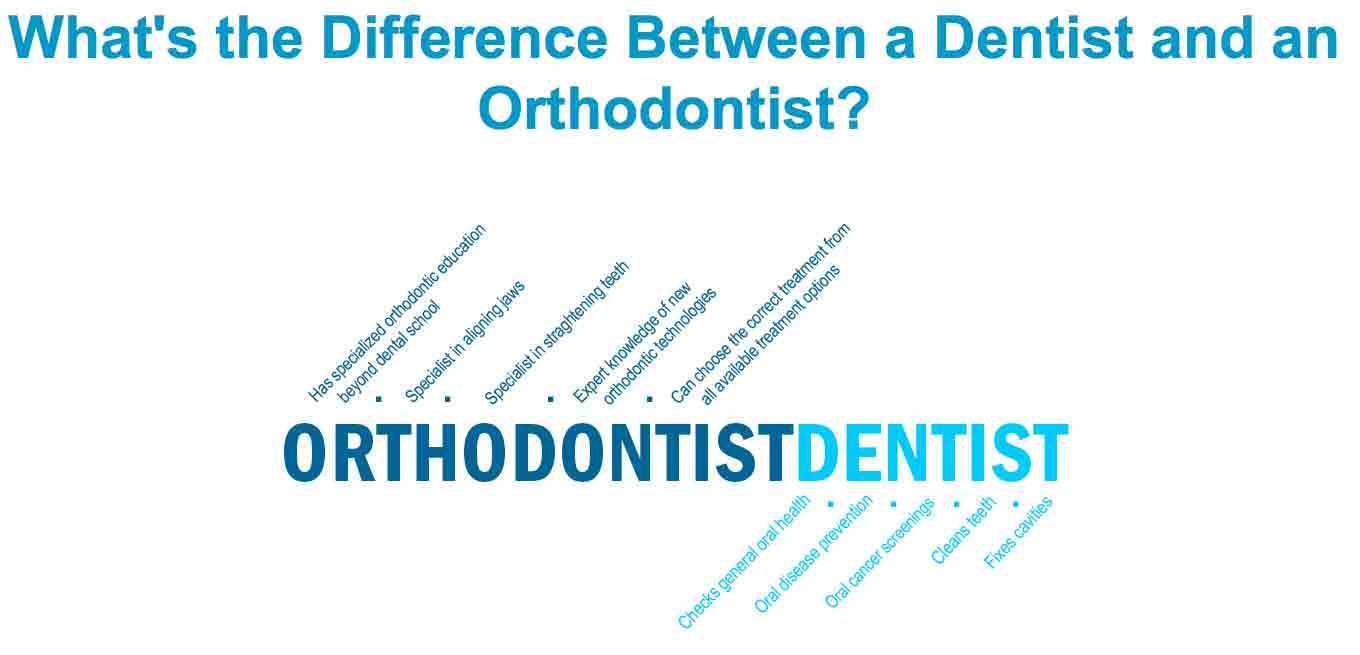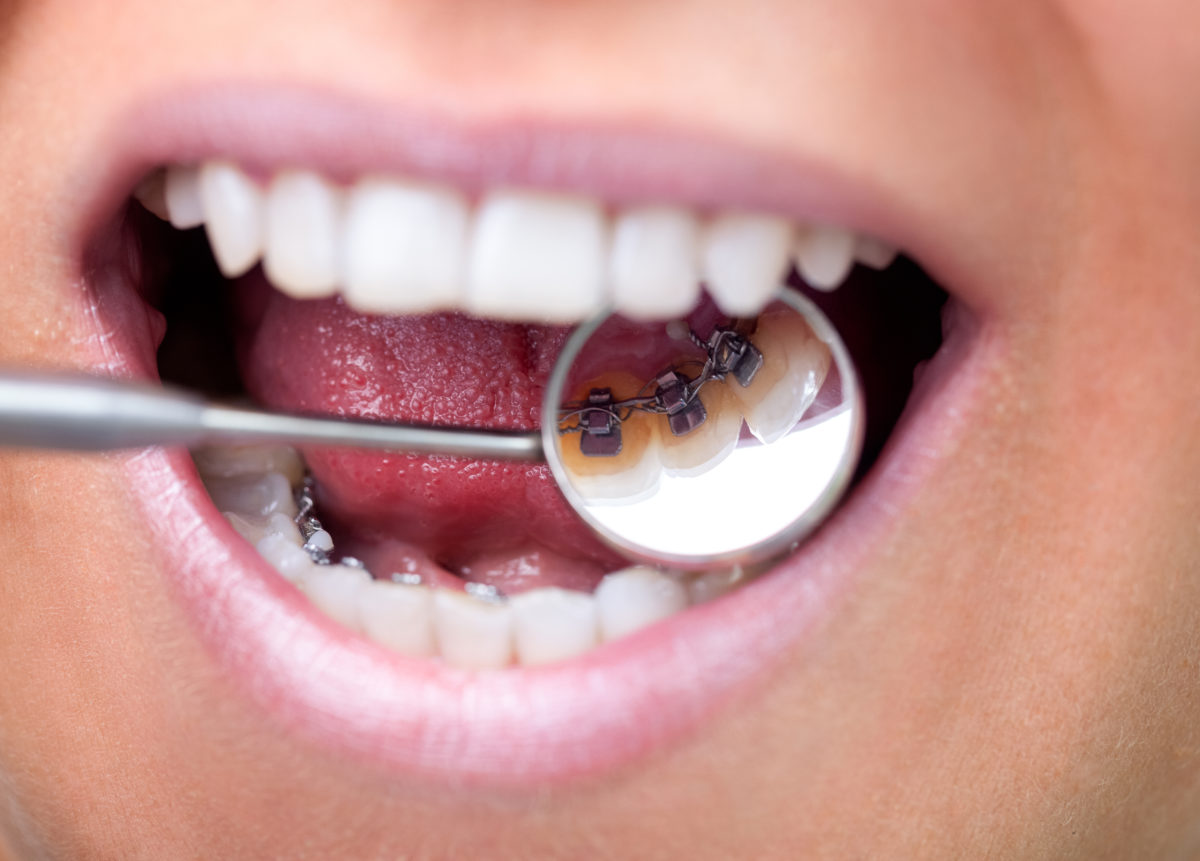Our top tips for healthy summer smiles
Summer sun brings summer fun. While the warmer months are perfect for spending time with friends and family, summer holidays can also throw off your regular dental care routine. Here are our top tips to prevent summertime tooth decay:
- Keep up your routine- resist the temptation to skip brushing after a late barbecue. If you have kids; help them keep up their routine by brushing alongside them for 2 mins twice a day. Family bonding time and healthy smiles; what’s not to love.
- Snack smarter and say no to sugary drinks- As the temperature rises (we hope), it’s common for families to sip and snack during sports days, festivals or nearly any community event. Consider sugary drinks treats to enjoy once in a while, and not often. Instead, Drink water to beat the heat, or milk to accompany meals. And, don’t let summertime grazing damage your smile. Moderation is the magic word!
- Schedule your back-to-school dental visit in advance- Avoid the August rush and help ensure you get the appointment time that works best for you.
Regular oral health reviews can help you and your child maintain a healthy, happy smile.
Book yours’ here.
Five Fun Facts about Orthodontics
Orthodontic problems have been around for a lot longer than most people realize – even Neanderthals displayed evidence of dental irregularities that could have benefited from the knowledge we have now. Here are five fun facts about orthodontics that you probably didn’t know:
Orthodontics has Greek origins
While the practice of orthodontics was actually started by a Frenchman, the word ‘orthodontics’ comes from the Greek word ‘Ortho’ meaning to straighten or correct, while ‘odont’ comes from the Greek word odous, which means tooth.
The first orthodontic appliance
In 1728, Pierre Fauchard, a French dentist, wrote about an orthodontic appliance in his book on dentistry, The Surgeon Dentist: A Treatise on the Teeth. The bandeau was a horseshoe-shaped piece of metal that was tied to the teeth to help align them.
Golden Braces
Nowadays, orthodontic appliances may be made from different materials including metal, plastic and even ceramics. But, at the beginning of the 1900s, gold was often used as it is malleable – allowing it to be stretched and adjusted. Consequently, patients had to see their orthodontist regularly for adjustments and orthodontic treatment was reserved for the wealthy.
Crooked teeth go way back
Archaeologists have actually found Egyptian mummies with crude metal bands wrapped around their teeth. Even Greek physician Hippocrates wrote about ‘irregularities’ of teeth around 400 BC.
Orthodontics is a dental specialty
The first ever orthodontist – that is, a qualified dentist who limited their practice to the moving of teeth and aligning jaws – was Edward H. Angle, an American who is often thought of as the father of modern orthodontics. He founded the American Society of Orthodontists and taught in the field in the United States.
If you are considering orthodontic treatment, why not book a consultation with our Specialist Orthodontist Dr Ronan Perry?
WHAT IS THE DIFFERENCE BETWEEN A DENTIST AND AN ORTHODONTIST ?
The main similarity between a dentist and orthodontist is that they both focus on your oral health. An orthodontist can work in a dental clinic and provide the same care as a dentist. So, in this respect, they are quite similar. They are both considered doctors and deal with the teeth and gums. However, there are more differences than similarities between them.
An orthodontist requires additional training as a dental specialty; (similar to how a doctor obtains additional schooling to become a surgeon). Another difference is that orthodontists specialize in helping patients with the alignment of their teeth, improving their bite, or fitting them for corrective braces and devices. If a patient has an overbite, a dentist will refer him or her to an orthodontist.
Dentists, in comparison, typically encourage good oral hygiene and provide services related to:
- Tooth decay
- Root canals
- Gum disease
- Crowns
- Bridges
- Veneers
- Teeth whitening
Orthodontists are dentists that specialize in the alignment of teeth. They also assist patients with other issues such as; overbites and underbites, crossbites, spaces between teeth, overcrowding of teeth, and the treatment of temporomandibular disorders (TMD). Additional problems with the jaw also need to be treated by an orthodontist.
While a dentist may be trained to provide orthodontic care in addition to extractions, TMJ treatments, and fillings, trusting your smile to an orthodontist can better balance the different procedures you require.
To learn more about the difference between dentists and orthodontists, or to schedule an initial consultation with our own specialist Orthodontist Dr Ronan Perry, CLICK HERE
What are lingual braces and are they the right choice for me?
Lingual braces are a method of orthodontic treatment where the brackets, wires and elastic bands used to realign your teeth are all mounted behind them (tongue side). Due to this reverse positioning, they’re sometimes called “inside” braces.
In comparison, the kind of braces you’re probably most familiar with can be thought of as “outside” appliances, in the sense that all of their hardware is mounted on the side of the patient’s teeth that is visible.
Even though the location of the appliances used is reversed, lingual braces and its technique share many similarities with conventional ones in terms of the type of hardware and orthodontic principles involved.
One primary advantage of having lingual treatment lies in the fact that your braces are generally invisible to others. If someone looks into your mouth, they might catch a glimpse of your appliances (especially if you’re wearing them on your lower teeth). Generally though, they are not easily detected.
The best (and really only) way to find out if lingual braces can be used to treat your particular case is to have a consultation appointment with our Specialist Orthodontist Dr Ronan Perry.
Book your consultation here

